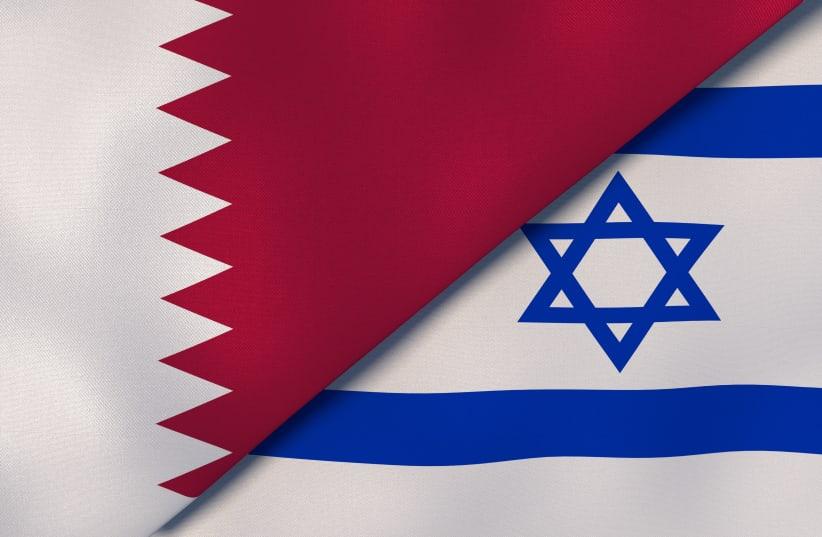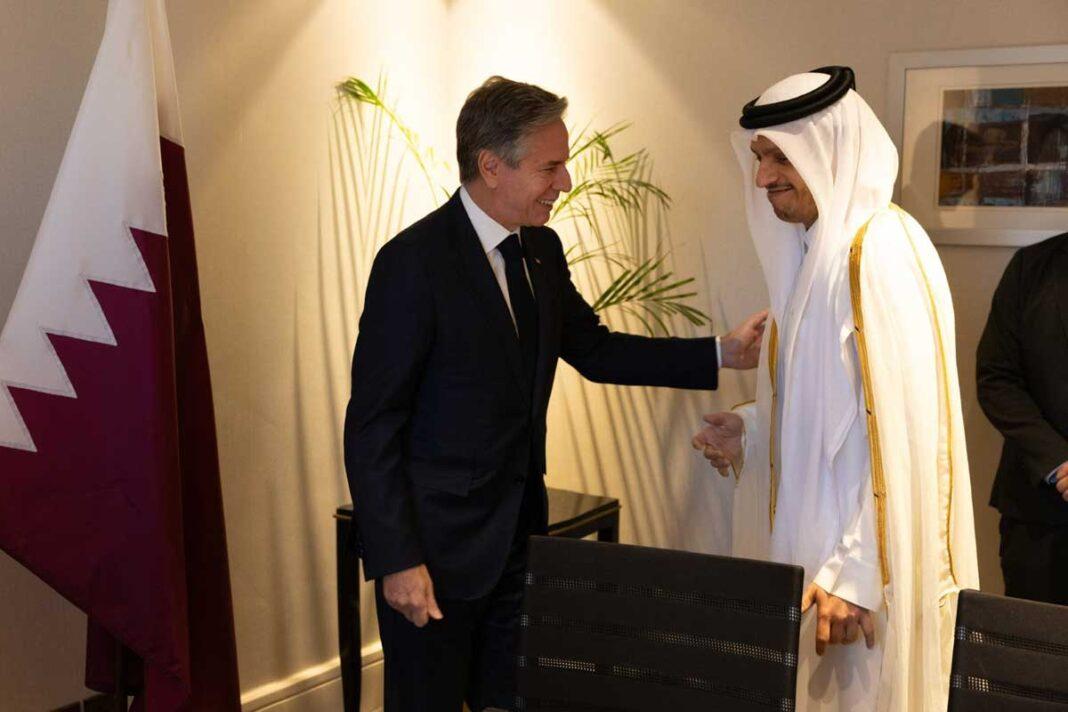Qatar at the crossroads Is there an end to the hostage crisis?
Since the outbreak of the war in the Gaza Strip between Israel and Hamas, many regional and non-regional countries attempted to step in as potential mediators between Hamas and the state of Israel to contain escalation and free all hostages taken by Hamas militants during the October 7 attacks.
Among all, Qatar and Egypt obtained a more active role in holding negotiations with Tel Aviv, supported by the United States (US). While Egypt's mediation did not yield particular results, Qatar took a relatively firm stance toward the Israel-Hamas truce.
As a result, in November 2023, following trilateral talks, Qatar managed the release of 50 abducted hostages for a swap of hostages for Palestinian prisoners, along with a pause in the hostilities. Per the deal, Israel agreed to release up to 150 Palestinian female and underage prisoners, thus setting an influx of fuel and humanitarian supplies to Gaza during the truce.
Although the earlier negotiations regarding hostage release were productive, the following events and civilian casualties in Rafah as a result of the Israeli air strikes complicated the negotiation process.
Moreover, the harsh statements of Israeli Prime Minister Benjamin Netanyahu regarding the future of Gaza and the two-state solution, including post-war scenarios for the Gaza Strip, raised eyebrows in the West and the Middle East. For instance, Egypt threatened to cut diplomatic ties with Israel in case it will push Palestinian refugees closer to its borders, while Qatar strongly condemned PM Netanyahu’s recent remarks.

On February 19, the Qatari Foreign Minister criticized comments from Israeli Prime Minister Benjamin Netanyahu in which it said he asked the Gulf state to pressure Hamas into freeing Israeli hostages, describing them as a new attempt to prolong the Gaza war, adding that the pattern of negotiations for a framework ceasefire deal for the conflict between Israel and Hamas in Gaza was "not very promising" in recent days.
Qatar's criticism of Israel's ultranationalist government became vocal when, in January 2024, official Doha accused Israel of spreading false information on the local media regarding the conditions of the hostage deal and damaging the country’s peaceful efforts to reach a consensus with Hamas. Political sources have emphasized that Israel's consistent position is not to accede to Hamas' demand to stop the war nor to predicate a hostage release deal on a complete cessation of military activity in the Gaza Strip.
During the January talks, Qatar set to achieve an agreement on a six-week ceasefire and the release of a set number of Palestinian prisoners in exchange for Hamas freeing 35 to 40 Israeli hostages, including women, men over the age of 60, and those with serious medical conditions. However, the duration of the truce in the second and third stages has not yet been defined.
Nevertheless, the Israeli government pushed a critical narrative toward the Gulf country for "not putting enough effort into reaching a consensus with Hamas." Although Israeli statements stirred diplomatic tensions between Doha and Tel Aviv, Qatar continues its role, and efforts and communications are still ongoing between all parties.

The Israeli war on Gaza has pushed 85% of the territory's population into internal displacement amid acute shortages of food, clean water, and medicine, while 60% of the enclave's infrastructure has been damaged or destroyed, according to the UN.
In light of the Israel-Qatar war of words, the US government launched an anti-Qatar campaign, blaming the Gulf state for forging relations with problematic groups and supporting the likes of Hamas and the Taliban as part of its conflict mediation policy, even though those relationships were encouraged by Washington and, in the case of Hamas, Israel.
As such, more US-based and pro-Israeli think tanks published various reports highlighting Qatar’s “close tie to radical terrorist organizations and its continuous military-financial aid to violent non-state actors in the Middle East.”
Although Qatar denied all such allegations, it is obvious that Doha’s mediation efforts would be neglected and undermined, which could negatively impact the fragile process. The mediation of the US, Egypt, and Saudi Arabia is not effective at all, while countries like Iran and Türkiye are pounding Israel for its “genocidal actions against Palestinians.” As such, it seems unlikely that Qatar would be able to mediate successful negotiations to release all hostages as Tel Aviv refuses to downgrade military operations in Gaza despite international criticism.








